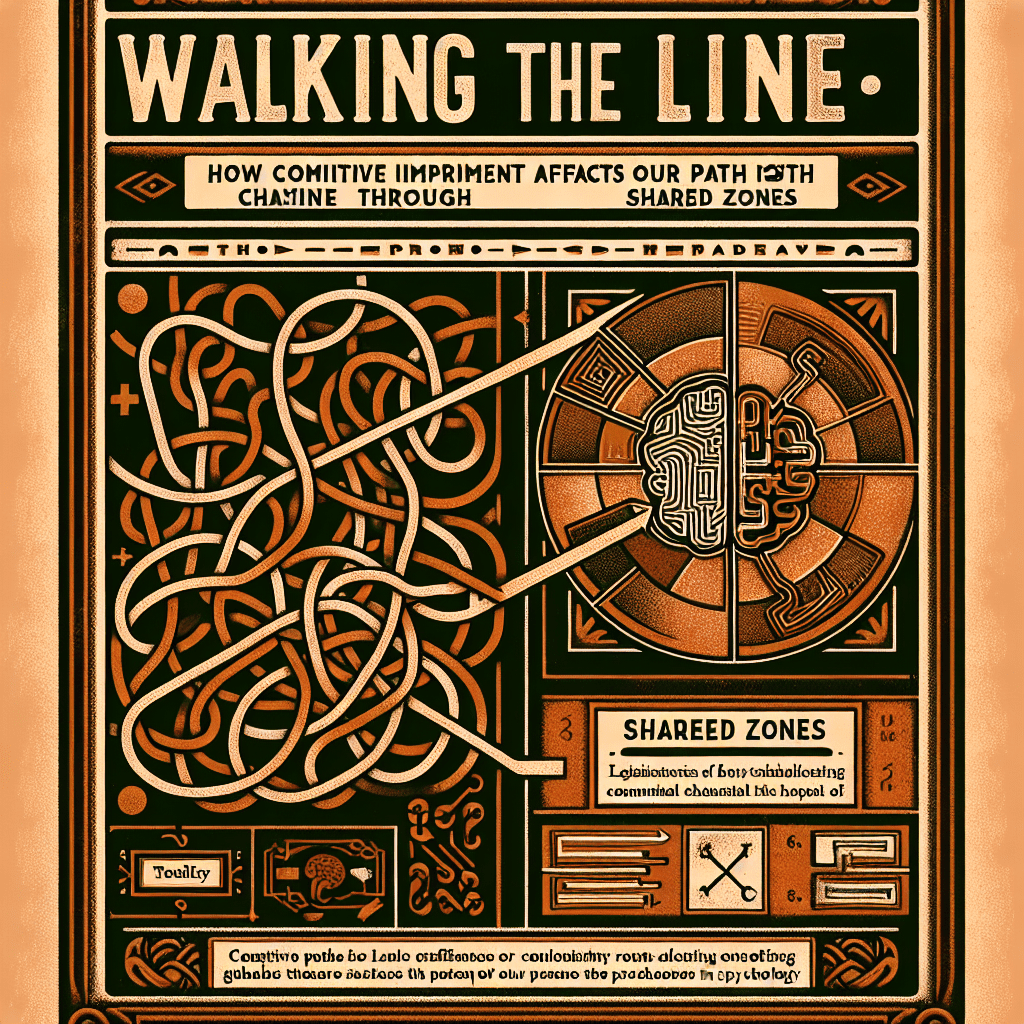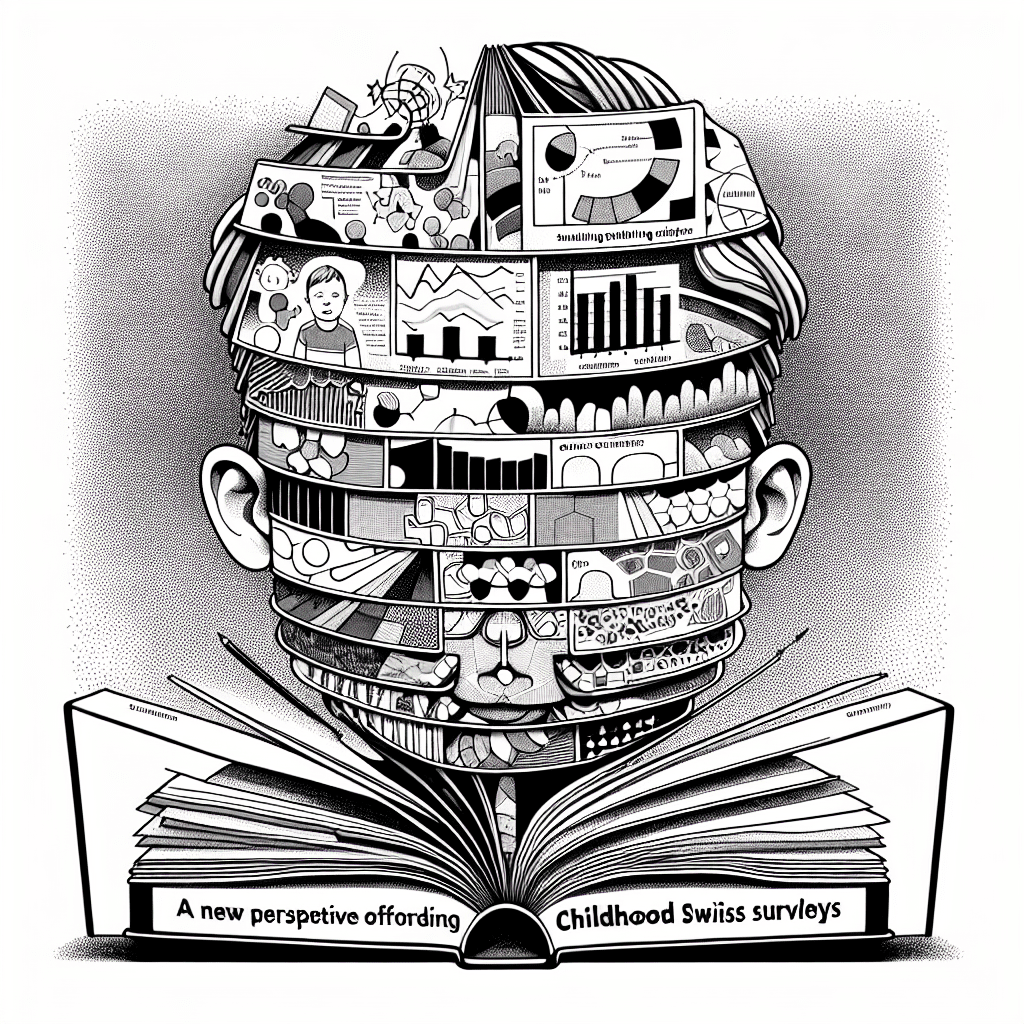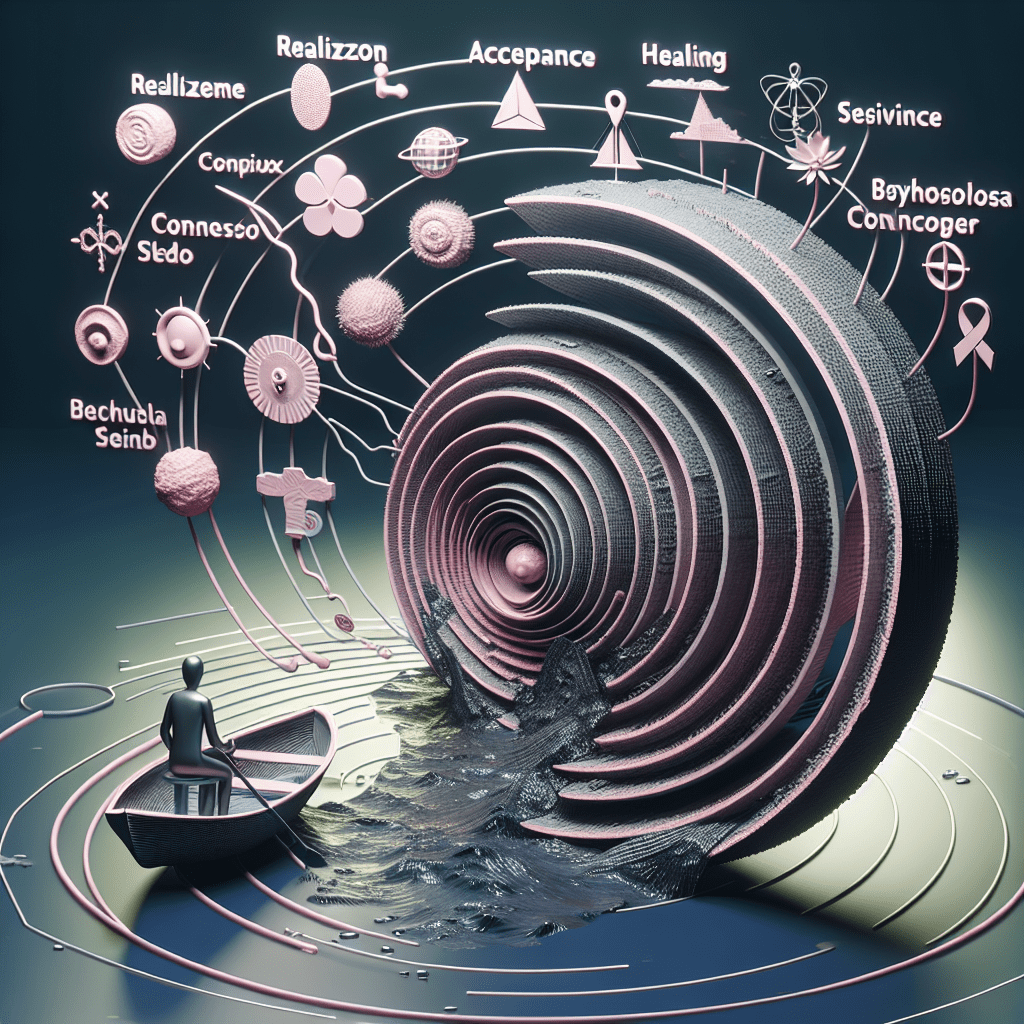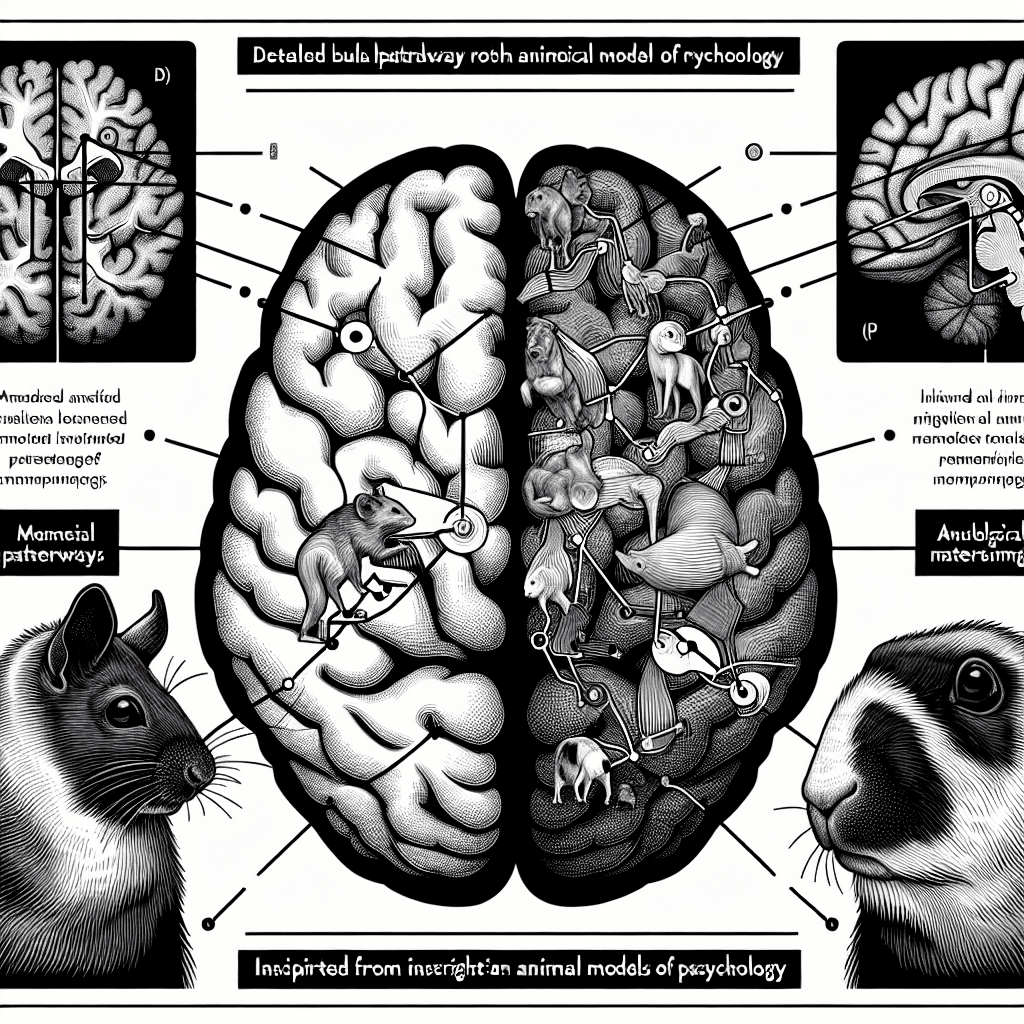Introduction: Peering into the Brain’s Labyrinth Imagine your brain as a complex city, bustling with pathways through which memories travel, like cars navigating an intricate road network. Now, picture two streets in this city: one leading to enhanced memory, akin to supercharged mental highways, and the other to memory decline, resembling deteriorating lanes full of […]
Author: Emily Roberts

Walking the Line: How Cognitive Impairment Affects Our Path Through Shared Zones
Introduction Imagine stepping onto a busy city street where the lines between road and sidewalk are blurred. Here, cars, bikes, and pedestrians all navigate the same space, relying heavily on mutual awareness and understanding to get from one point to another safely. While some might cross comfortably, trusting both their instincts and the drivers around […]

Unraveling the Layers of Childhood Stuttering: A New Perspective from Swiss Surveys
Introduction: The Enigma of Stuttering Imagine trying to express a thought, only to have it trapped within like a butterfly in a jar. This is the daily reality for those who stutter—a condition shrouded in mystery and often misunderstood. Stuttering, a communication disorder marked by disruptions in the flow of speech, transcends mere speech difficulty. […]

Through the Lens of Emotion: How Our Eyes Reveal the Depths of Autism and Depression
Introduction Imagine for a moment you’re watching a movie, and as a particularly emotional scene unfolds, you start to feel those telltale tears welling up in your eyes. Ever wonder why this happens? It’s because our eyes are not only windows to the world but also windows to our emotions. They react to what we […]

Embracing Parental Emotion: A New Perspective on Healing Anorexia Nervosa in Adolescents
Introduction: The Emotional Puzzle of Anorexia Adolescence can be a tumultuous journey, a whirlwind of emotions and discoveries that shape a person’s identity. Imagine, amid this personal evolution, facing a relentless mental health challenge like anorexia nervosa. This eating disorder doesn’t just weigh heavily on the young individual; it also impacts the emotional dynamics within […]

Bridging the Digital Divide: Understanding Older Adults’ Interactions with Technology in Serious Games
The digital age has undeniably transformed the landscape of entertainment, blending it seamlessly with learning and engagement. Imagine your grandmother immersed in a game on her tablet, not just for fun but as an interactive session to sharpen her cognitive skills or manage health. Welcome to the world of serious games, where the stakes are […]

Unraveling the Mysteries of Language and Sociability Through the Lens of Genetic Research
## Introduction Imagine a world where a single gene could influence not just how we speak, but how we connect with others. While it might sound like science fiction, today’s science is unraveling these mysteries, one gene at a time. The research paper, [Sociability and synapse subtype-specific defects in mice lacking SRPX2, a language-associated gene](https://doi.org/10.1371/journal.pone.0199399), […]

**Building Blocks of Child Development: Unraveling the Influences of Maternal Health and Infant Inflammation in Bangladesh**
Imagine embarking on a journey to explore the intricate tapestry of early childhood development. In Bangladesh, the development of a child does not occur in isolation; instead, it is the outcome of a complex interplay of various factors. One such exploration is vividly captured in the research paper titled Role of Maternal Health and Infant […]

Navigating the Psyche: Exploring the Psychosocial Needs of Young Breast Cancer Survivors in Mexico City
## Introduction Have you ever imagined what life might look like after surviving cancer, particularly during the most vibrant years of your life? For many young women in Mexico City who have battled breast cancer, the journey doesn’t simply end with remission. Instead, it marks the beginning of a complex phase where they navigate not […]

Navigating the World of Autism: Exploring the Impact of Individual vs. Group Interventions for Pre-Schoolers
Introduction Imagine a world where every child struggling with autism spectrum disorder (ASD) could receive the best possible support through tailored interventions. This is the dream of many parents, educators, and therapists who aim to unlock the potential of children with ASD. But the question remains: do these children benefit more from personal, one-on-one interventions […]
